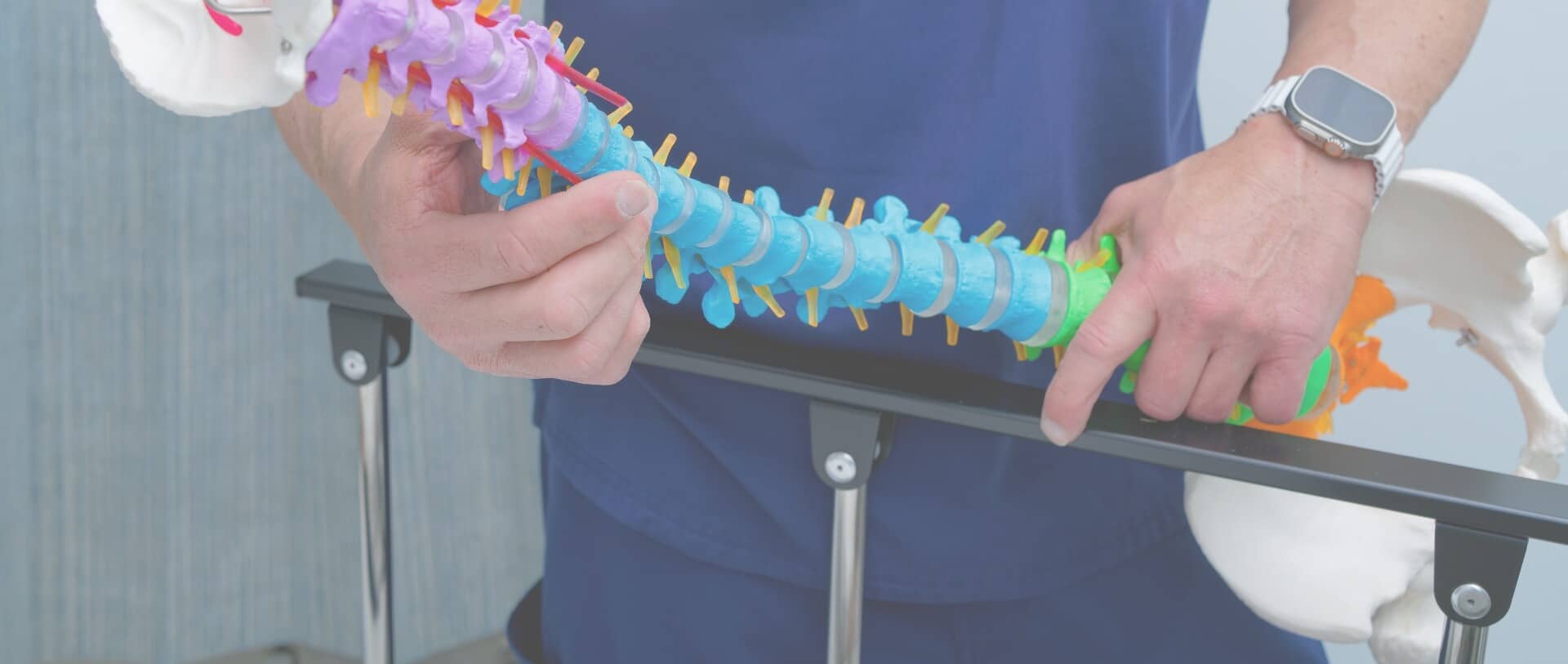
PROCEDURES
Back Surgery
Back surgery, also known as spinal surgery or spine surgery, has evolved over the years to address a wide range of spine conditions. Historically, back surgery was often associated with complex, invasive procedures that required long hospital stays and touch recoveries. Advancements in technology, surgical techniques, and education have transformed the field of back surgery. Today, back surgery emphasizes minimally invasive approaches, short hospital stays, and quick recovery times. These innovations have provided new hope for those suffering from chronic back pain, offering effective options to restore their quality of life.
What Conditions Can be Treated with Back Surgery?
Back surgery can be an effective treatment for many conditions that cause back pain. If you are suffering from any of these conditions, you may be a candidate:
- Herniated disc: When a disc’s outer layer weakens and the inner gel-like material pushes through, it can compress nearby nerves, causing pain and other symptoms. Surgery can be done to remove the damaged portion of the disc to relieve pressure on the nerves.
- Spinal stenosis: Stenosis occurs when the spinal canal narrows, putting pressure on the spinal cord and nerves. Back surgery will involve removing parts of the bone or tissue that are causing the narrowing to alleviate pressure.
- Degenerative disc disease: Back surgery for disc degeneration might include disc replacement or spinal fusion to stabilize the affected area.
- Spondylosis: This condition occurs when one vertebrae slips forward over another, often causing nerve compression and pain. Surgery for spondylolisthesis aims to stabilize the spine and relieve nerve pressure.
- Spine fractures: Fractures in the spine can lead to back pain and instability. Surgery may involve stabilizing the fractured vertebrae with the help of hardware.
- Spinal deformities: For severe curvature of the spine caused by scoliosis or kyphosis, surgery may be necessary to correct deformities and alignment.
When Should I Consider Back Surgery?
When it comes to back pain, surgery can feel like a drastic step; however, sometimes it is the best option for relief. If other treatments like physical therapy, injections, or medication have not provided the relief you need, it may be time to consider back surgery. You may also want to consider back surgery if:
- Your back pain is severe, persistent, and significantly affects your quality of life
- You are experiencing nerve compression
- You have lost functionality, such as muscle strength, coordination, or control of your bowel and bladder functions
- Your condition has caused structural changes in the spine
- Nerve damage is at risk
- You have experienced a traumatic injury
Your doctor will thoroughly evaluate your medical history, imaging tests, and physical state to determine whether spine surgery is appropriate for your condition. Like many doctors, Dr. Gottlieb believes that surgery is not the first-line treatment for most back conditions, but is sometimes necessary. He will work with you to make an informed decision that aligns with your needs and goals.
What Types of Back Surgery Are There?
There is no one-size-fits-all approach to treating back pain, and the type of surgery that’s most appropriate for you will depend on the cause of your condition, its severity, and your individual needs. Some common types of back surgery include:
Is There an Alternative to Back Surgery?
Alternatives to surgery on your back do exist. Before considering surgery, Dr. Gottlieb will typically explore conservative treatment methods to manage your back pain, which may include:
- Physical therapy
- Medications
- Injections
- Lifestyle modifications
- Chiropractic care
What is Recovery From Back Surgery Like?
Advanced technology and surgical techniques have significantly reduced the downtime associated with back surgery. While each person’s experience is unique, you should prepare for at least a few weeks of reduced mobility and rest.
Immediately following surgery, a hospital stay may be necessary, and pain management is crucial. The early stages of recovery include rest, wound care, and gradual mobility improvement. Physical therapy may start at this point to aid in movement and strength restoration. As time goes on, activity will increase and you should start to rely less and less on pain medication.
Factors like surgery complexity and overall health will impact the time it will take to make a full recovery. Following Dr. Gottlieb’s post-operative instructions, including restrictions and exercises, is also essential to a successful recovery.
Who is the Best Surgeon For Back Surgery?
The best surgeons for back surgery may vary depending on your individual needs. You should look for a surgeon with experience and a proven track record of success in performing your specific type of back surgery. Your surgeon should also be board-certified in either orthopedic surgery or neurosurgery.
Ask for recommendations from your primary care doctor or other specialists, and research surgeons’ credentials, patient reviews, and experience before scheduling an appointment. Consulting with multiple surgeons for opinions can help you make an informed decision on the best surgeon for back surgery.

Top Quality Care at Gottlieb Spine
With years of experience in the field of back surgery, Dr. Jamie Gottlieb and his team are equipped to handle even the most complex spine cases. When you’re entrusting someone with your health, you want to feel confident that you’re in good hands. With Gottlieb Spine, you can rest assured that you’ve made the best decision for your back surgery. Schedule a consultation today.
SCHEDULE A CONSULTATION